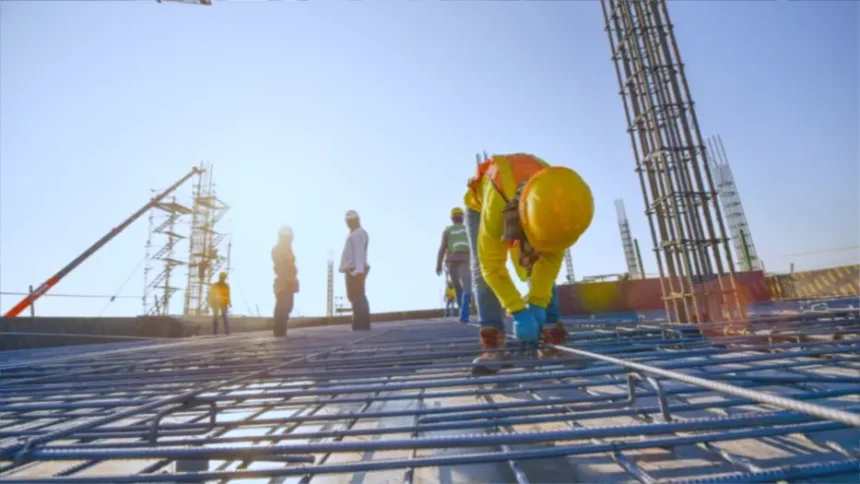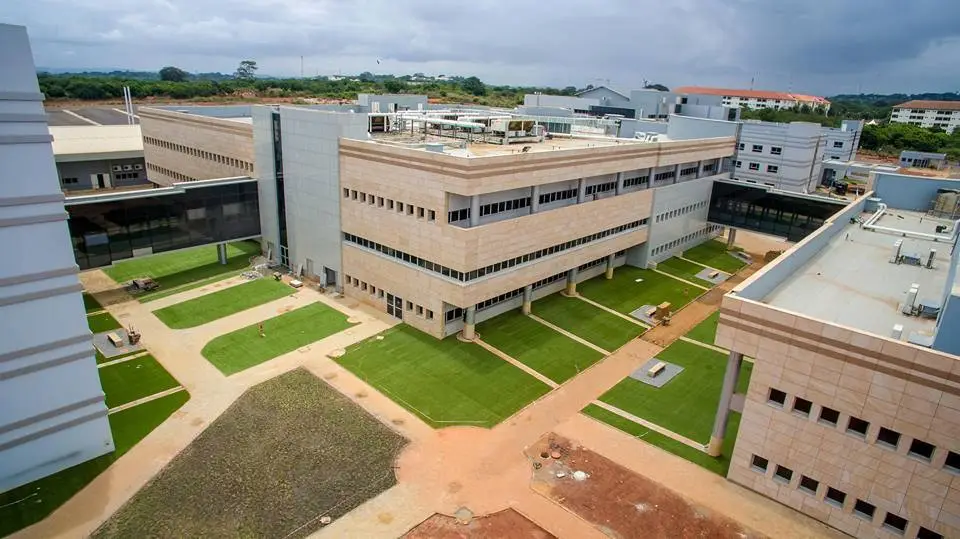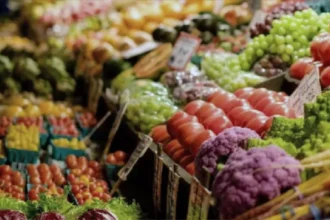If you’ve been anywhere in Ghana recently, you’ve seen it: the cranes, the scaffolding, the new neighborhoods rising from the ground. Ghana is building, and building fast. From affordable housing projects to sleek new office blocks and critical road infrastructure, the construction boom is real.
But here’s the challenge every builder, contractor, and developer faces: getting your hands on high-quality, reliable construction materials, on time and within budget. This is where a powerful partnership comes into play, one that stretches all the way to the southern tip of Africa.
South Africa, with its long-established and robust construction industry, has become a go-to source for materials that meet international standards. Importing from there isn’t just about filling a gap; it’s about elevating the quality, durability, and even the sustainability of projects right here in Ghana.
So, how do you tap into this opportunity? Let’s break it down, step by step.
Why Source from South Africa?
Before we get into the “how,” let’s talk about the “why.” It’s more than just geography.
- Proven Quality: South African manufacturers operate under strict international quality controls. When you buy South African steel or cement, you’re getting a product with a reliable track record.
- Diverse Product Range: They don’t just have the basics. From specialized roofing materials and pre-cast concrete elements to energy-efficient insulation and modern sanitaryware, South Africa offers a variety that can give your project a competitive edge.
- Economic Sense: While shipping is a cost, the scale and efficiency of South African production can often lead to a better overall price for high-quality goods, making your project more cost-effective.
What’s Hot in Ghana’s Market? What Can South Africa Supply?
Ghana’s demand is driven by massive government initiatives like “One District, One Factory,” a booming real estate market, and critical infrastructure upgrades.
The essential shopping list for any importer often includes:
- The Big Ones: Cement, Steel (rebar, structural steel), and Aggregates.
- The Building Blocks: Clay bricks and concrete blocks.
- The Finishing Touches: High-quality roofing sheets, ceramic tiles, paints, and coatings.
- The Essentials: Plumbing and electrical materials, glass, and insulation.
The good news? South Africa effectively supplies all of these. They are particularly known for their superior steel, a wide range of roofing solutions, and reliable pre-cast concrete products that can speed up construction time significantly.
Your Step-by-Step Guide to Importing
Navigating the import process can feel daunting, but it’s manageable when you take it one step at a time.
Step 1: Find Your Supplier
This is your foundation. Use online B2B marketplaces, attend international trade shows, or get in touch with the South African Chamber of Commerce and Industry. Don’t just go for the cheapest price, and also build a relationship with a supplier known for reliability.
Step 2: Get Your Paperwork in Order (The Ghanaian Side)
This is the most critical part. Before you ship a single bag of cement, you need to be compliant with Ghanaian regulations.
- Register Your Business: Ensure your company is properly registered with the Registrar General’s Department and has a Tax Identification Number (TIN) from the Ghana Revenue Authority (GRA).
- Obtain an Import License: Apply for a general import license from the GRA. For specific regulated goods, you may need additional permits.
- Check Standards: Contact the Ghana Standards Authority (GSA). Your materials may need to be tested and certified to meet local standards. This is crucial for avoiding costly delays at the port.
Step 3: Sort Out the Logistics and Shipping
You’ve ordered your materials. Now, how do they get to you?
- Choose a Freight Forwarder: This is your best friend in this process. A good freight forwarder will handle the complex logistics of shipping from South Africa, whether by sea (most common for bulk materials) or air.
- Incoterms Matter: When negotiating with your supplier, be clear on Incoterms (e.g., FOB, CIF). This determines who is responsible for the goods at each stage of the journey. FOB (Free on Board) is common, where you take ownership once the goods are loaded onto the ship in South Africa.
Step 4: Clear Customs in Ghana
Your shipment has arrived at Tema or Takoradi Port. Now for the final hurdle.
- Hire a Customs Broker: Seriously, just do it. A licensed broker knows the system inside and out and will save you time, money, and immense stress.
- Prepare Your Documents: Your broker will need:
- Commercial Invoice
- Bill of Lading
- Packing List
- Certificate of Origin
- Import Declaration Form
- GSA certificates (if applicable)
- Pay Your Duties: Your broker will calculate and help you pay the required import duties, VAT, and other taxes to the GRA. Once cleared, your goods are released.
A Word of Advice
- Start Small: For your first order, consider a smaller shipment to test the process and build a relationship with your supplier and logistics partners.
- Factor in ALL Costs: The price of the materials is just the beginning. Remember to budget for shipping, insurance, port handling fees, customs duties, and transport from the port to your site.
- Plan for Delays: Shipping and customs are not an exact science. Build a buffer into your project timeline for potential delays. Don’t let your construction site grind to a halt waiting for a shipment.
The Bottom Line
Importing construction materials from South Africa is a strategic move that can enhance the quality and efficiency of your projects in Ghana. While the process requires diligence and a good team (your supplier, freight forwarder, and customs broker), the benefits are substantial.
You’re not just importing materials; you’re importing confidence. Confidence that the foundations you pour will be strong, the steel you erect will be secure, and the buildings you create will stand the test of time, contributing to a stronger, more developed Ghana.
Have you imported building materials before? Share your experiences or questions in the comments below










